An average person spends approximately 6 months of their life showering or bathing. While we shower to regulate our body’s temperature and clean off sweat, dirt, and oil, many common mistakes can lead to skin and health issues. Here are 15 things you should avoid doing in the shower.
Bathing at the Wrong Temperatures
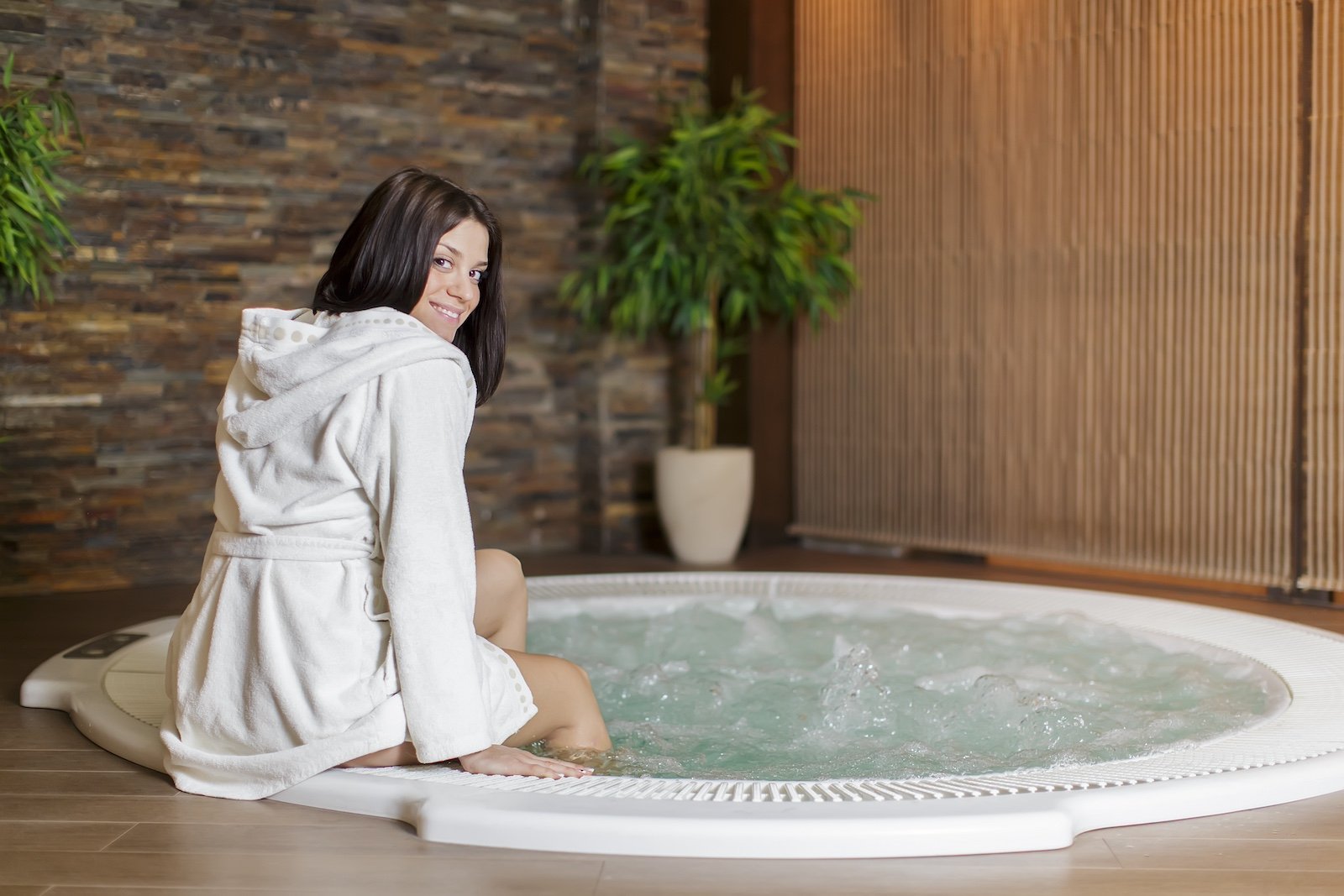
Using hot water strips your skin of natural oils, causing dryness and dullness. Hot water can also lead to irritated skin. Conversely, cold water can constrict blood vessels and prevent your body from relaxing, leaving you tense and stressed. Consider bathing with lukewarm water to maintain your skin’s natural moisture balance and promote relaxation.
Elongated Showering Sessions

Showering for too long can lead to skin degradation and dryness due to prolonged exposure to water, even at regulated temperatures. Dermatologists recommend limiting showers to no more than 10 minutes to avoid stripping the skin of its natural oils. Prolonged showers can also result in pruney skin and increased water bills.
Using the Wrong Soap Type
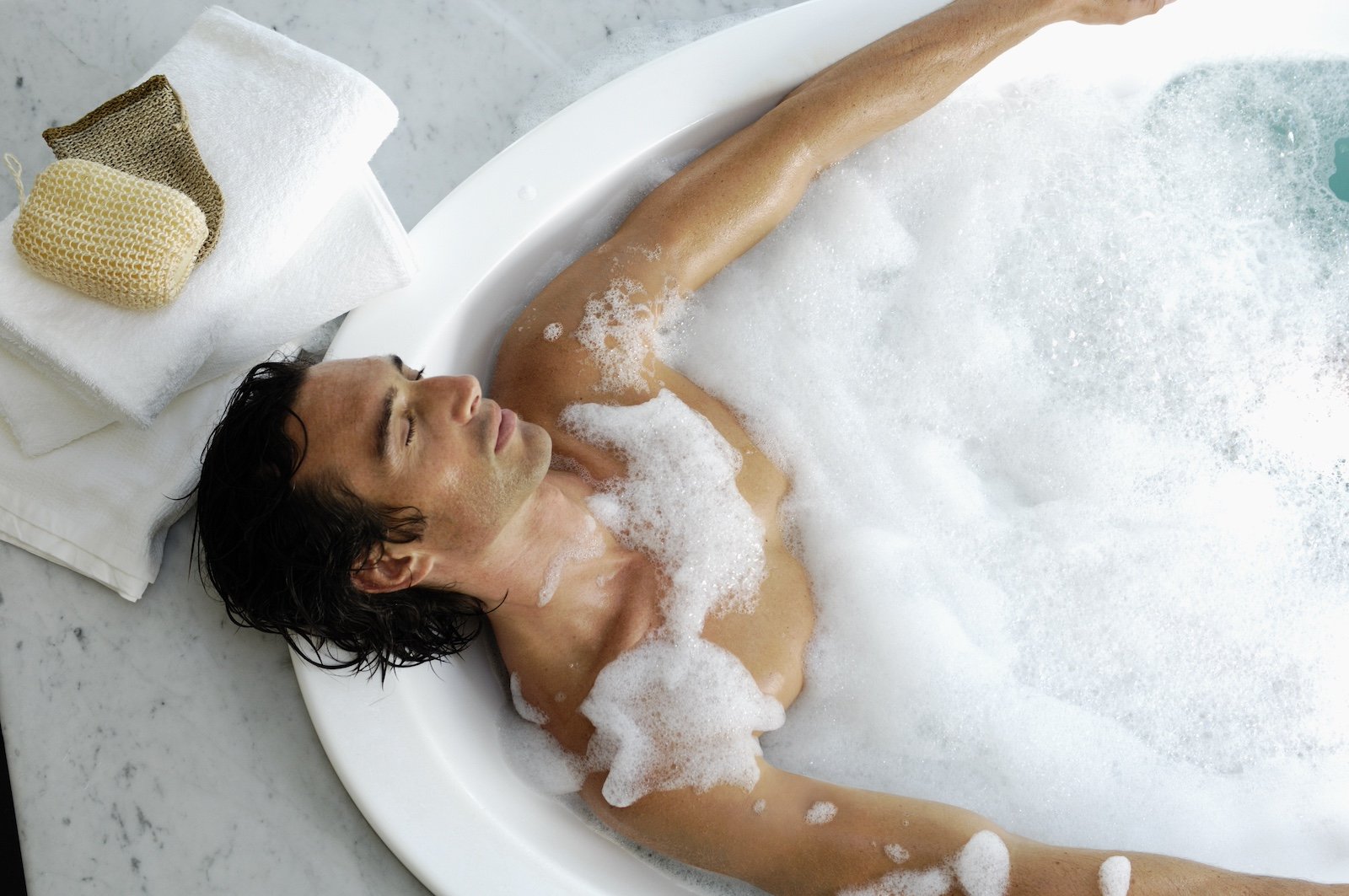
Harsh soaps can kill beneficial bacteria and strip away natural oils, leading to dryness and irritation. Mild soaps may not effectively remove dirt and oil, leaving your skin feeling unclean. Choose a soap that matches your skin type to ensure proper cleansing and moisturizing. For instance, people with sensitive skin should opt for fragrance-free and hypoallergenic soaps to prevent allergic reactions and dryness.
Using Unwashed Towels
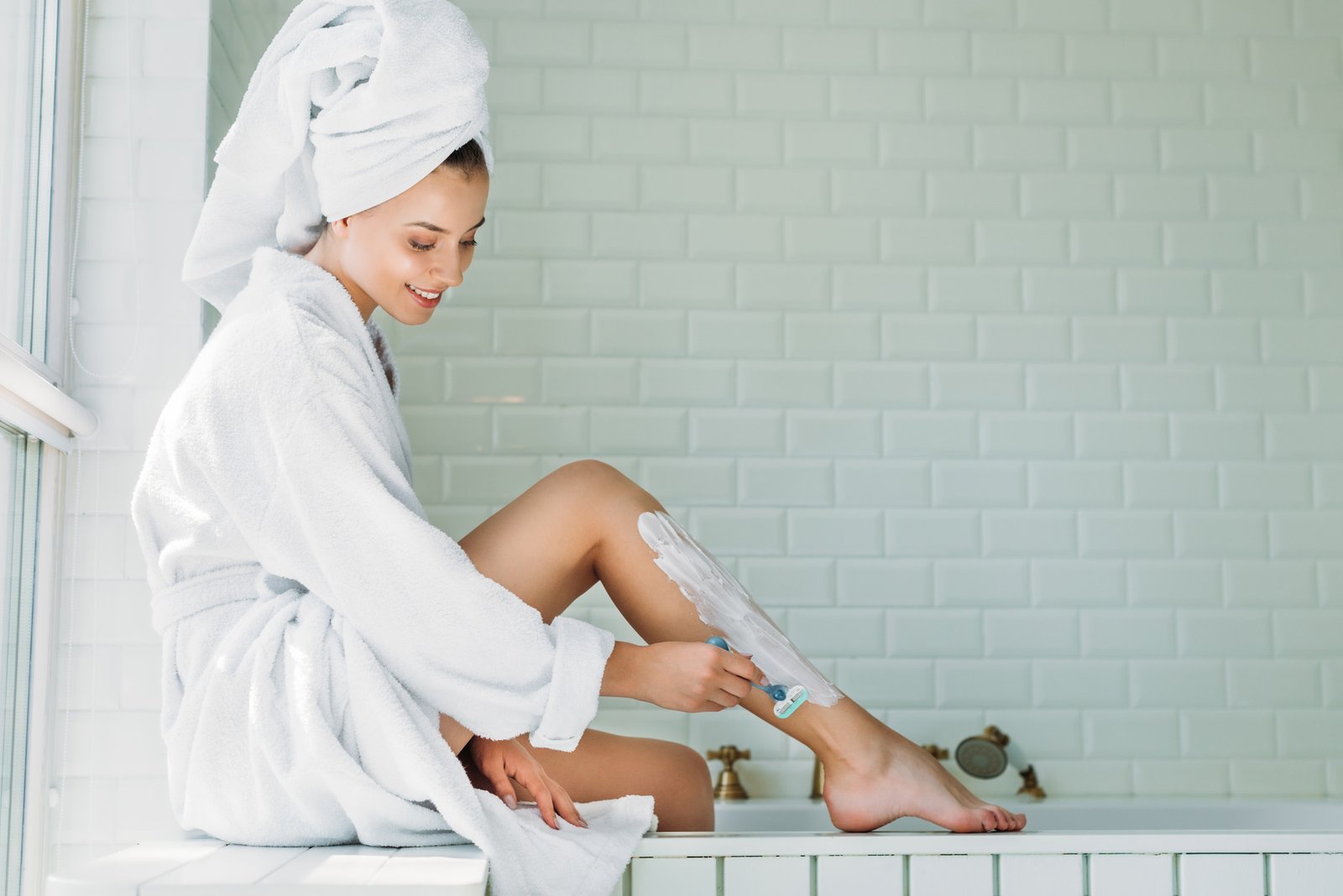
Unwashed towels can harbor bacteria, fungi, and other microorganisms, leading to skin irritation, acne, or infections. According to a study by Charles Gerba, a microbiologist at the University of Arizona, towels can accumulate bacteria quickly, especially if they remain damp. Change and wash your towels at least once a week to maintain hygiene and prevent bacterial growth.
Not Cleaning Your Loofah Properly

Loofahs can become breeding grounds for mold and mildew due to their porous nature and constant exposure to moisture. Not cleaning your loofah regularly can lead to the growth of harmful microbes, causing skin infections and irritations. Rinse and dry your loofah after each use and replace it every few weeks to maintain proper hygiene.
Washing Your Hair Too Often
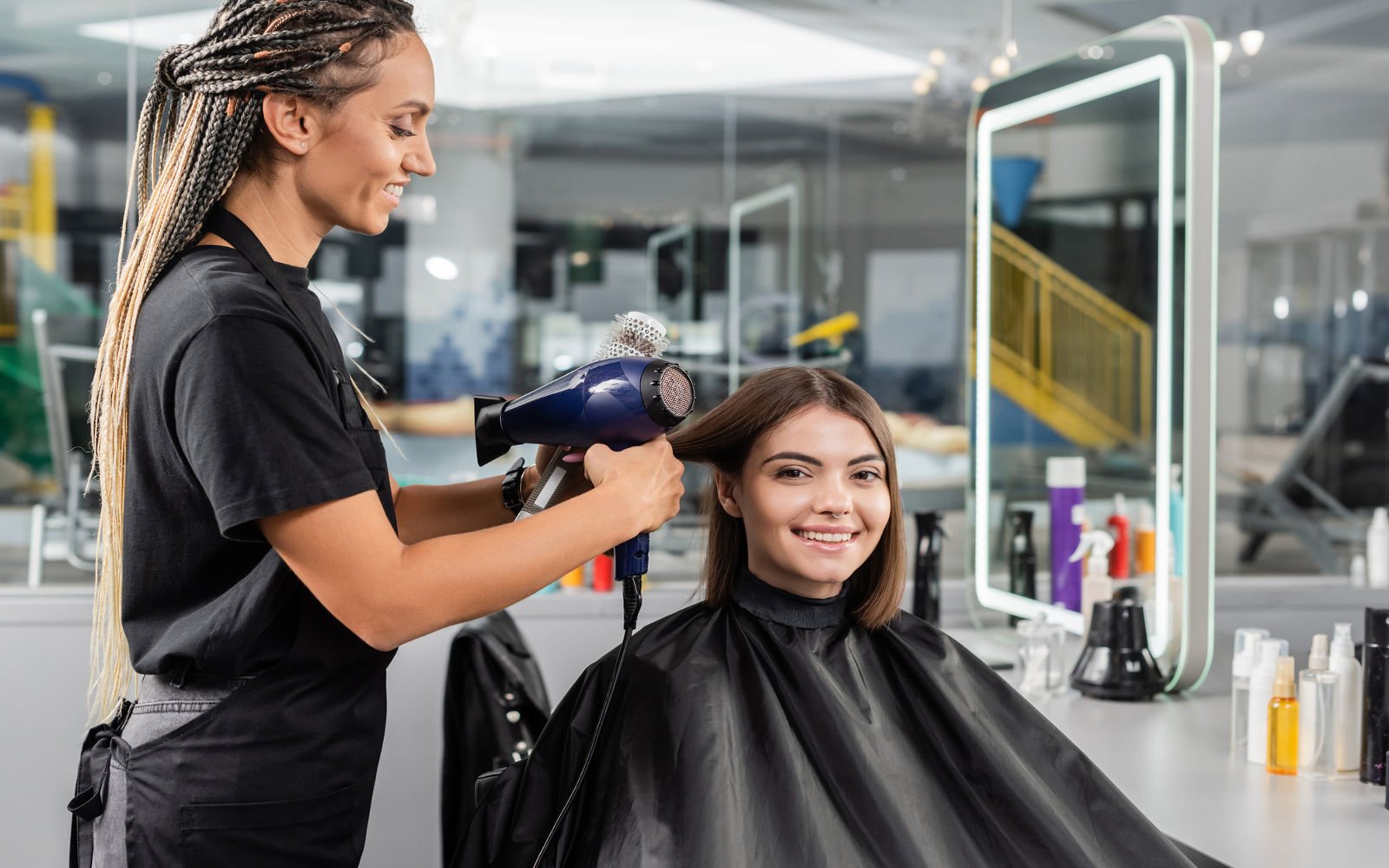
Frequent washing strips your scalp of natural oils, leading to dryness and irritation. Overwashing can also make your hair more prone to breakage and split ends. Dermatologists suggest washing your hair two to three times a week, or when it becomes oily or dirty. Use water rinses between washes if needed, especially after workouts.
Not Using the Right Shampoo Type

Using the wrong shampoo can cause scalp dryness or oiliness and damage hair strands and roots. Shampoos are formulated for specific hair types and concerns, such as dandruff, color-treated hair, or dry scalp. Choosing a shampoo that matches your hair type helps maintain a healthy scalp and hair. Consult an expert or read labels carefully to find the right product.
Not Installing a Grab Rail in Your Bathroom
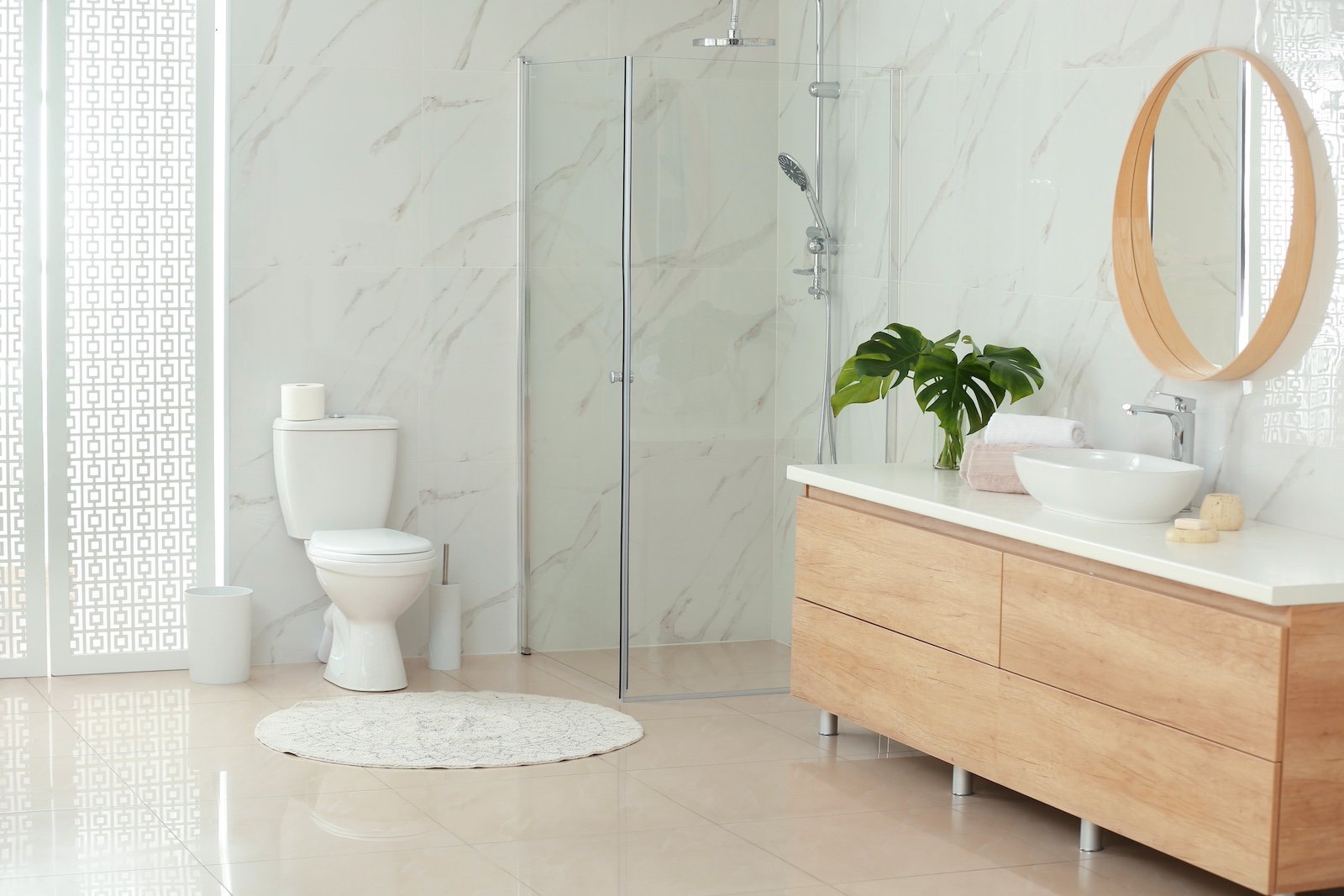
Grab rails can prevent falls and provide support, especially for those with balance issues or limited mobility. According to the Centers for Disease Control and Prevention (CDC), falls are the leading cause of injury-related visits to emergency rooms in the United States. Installing a grab rail in your shower or bathtub can enhance safety and prevent injuries, particularly for the elderly or those with mobility issues.
Using an Unclean Showerhead
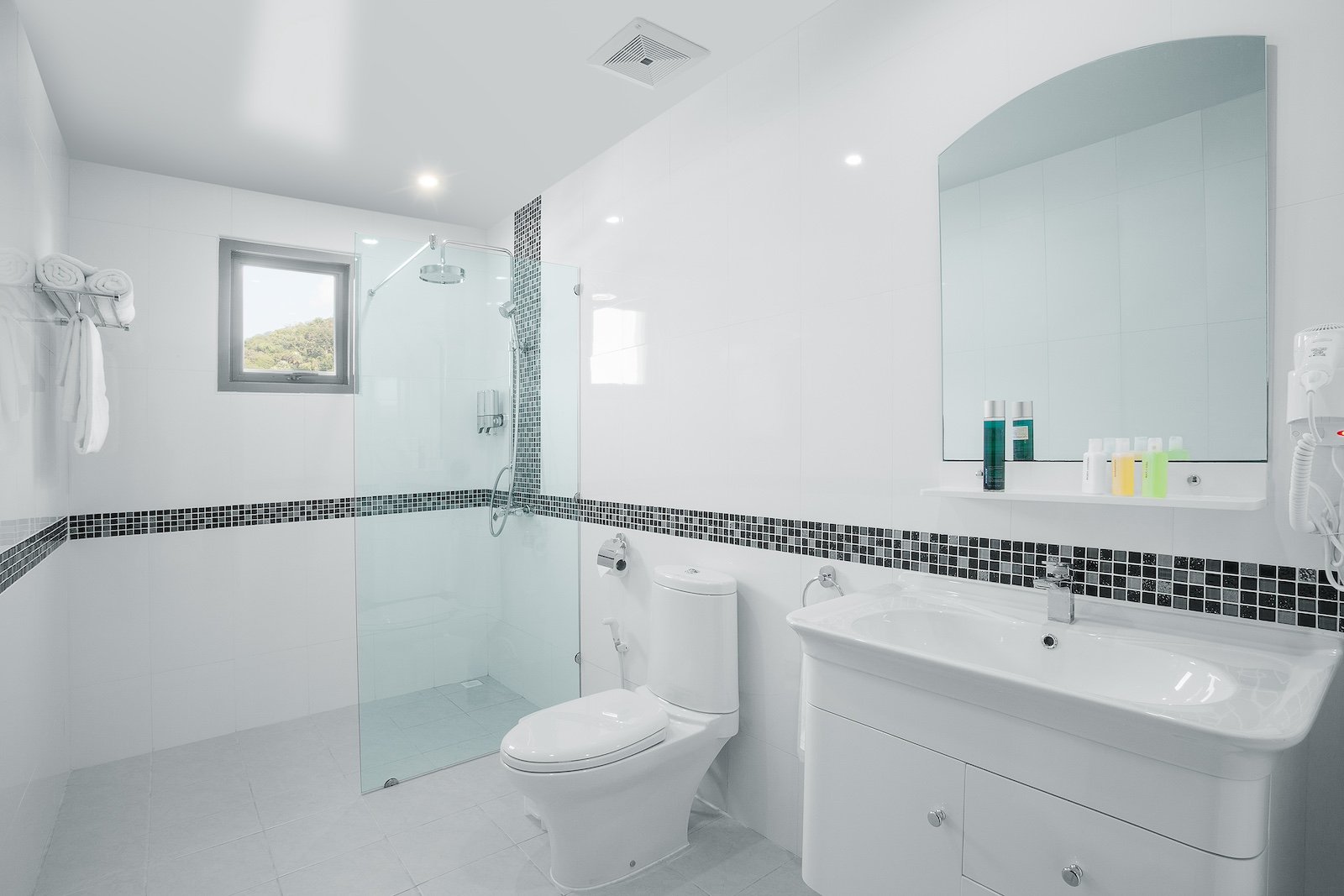
Mineral deposits and stagnant water in the showerhead can harbor mold and bacteria, reducing water flow and exposing you to harmful microbes. A study published in the journal mBio found that showerheads can be a source of potentially pathogenic bacteria, including Mycobacterium avium, which can cause lung infections. Clean your showerhead regularly to maintain water flow and hygiene.
Not Using a Moisturizer After a Shower
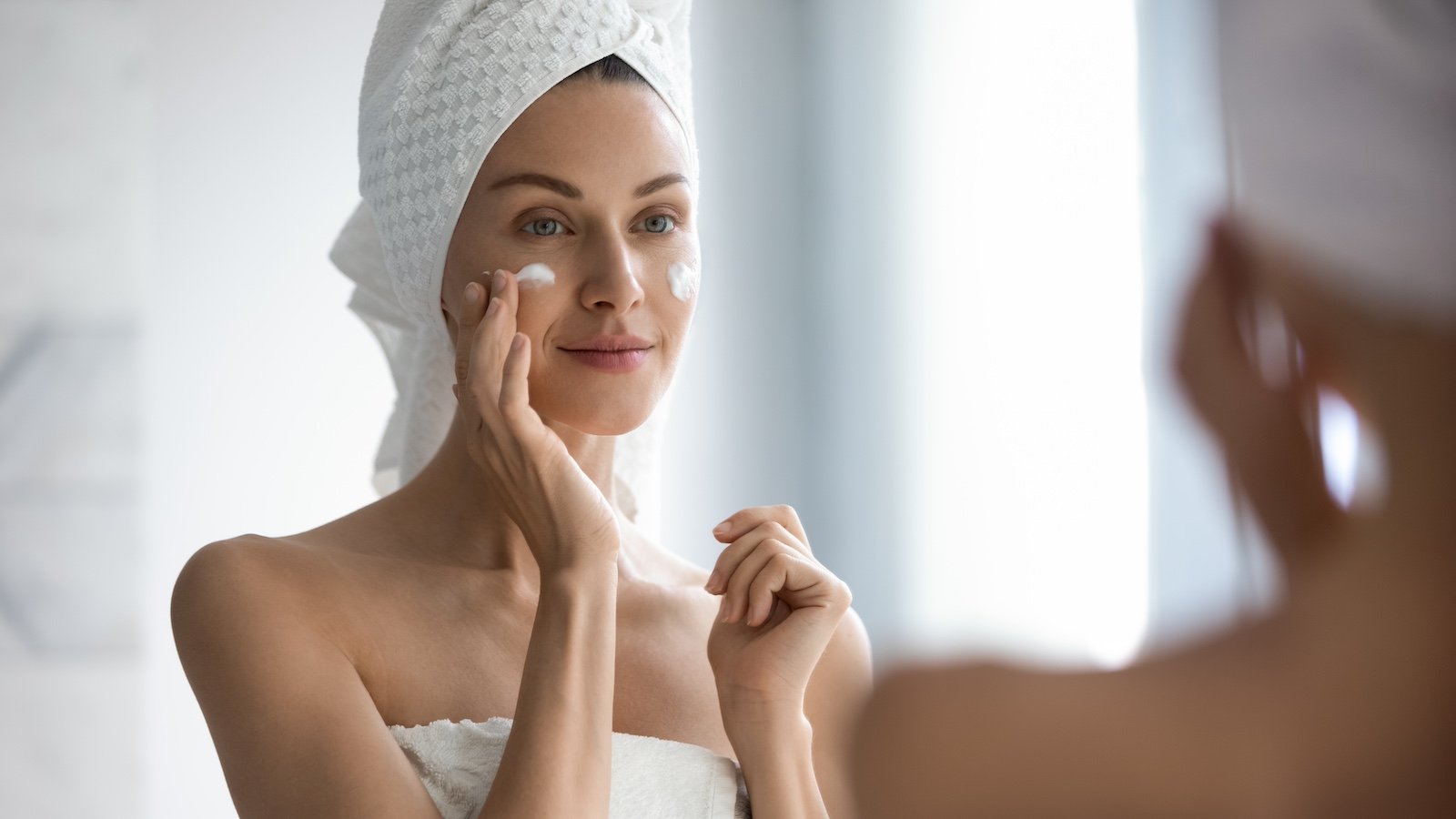
Hot water strips away natural oils, leading to dry and irritated skin. Skipping moisturizer fails to replenish lost moisture, resulting in dryness, flakiness, and itchiness. Over time, untreated dry skin can become more susceptible to fine lines, wrinkles, and other signs of premature aging. Applying moisturizer immediately after showering locks in hydration and keeps your skin soft and healthy.
Using Fragranced Products
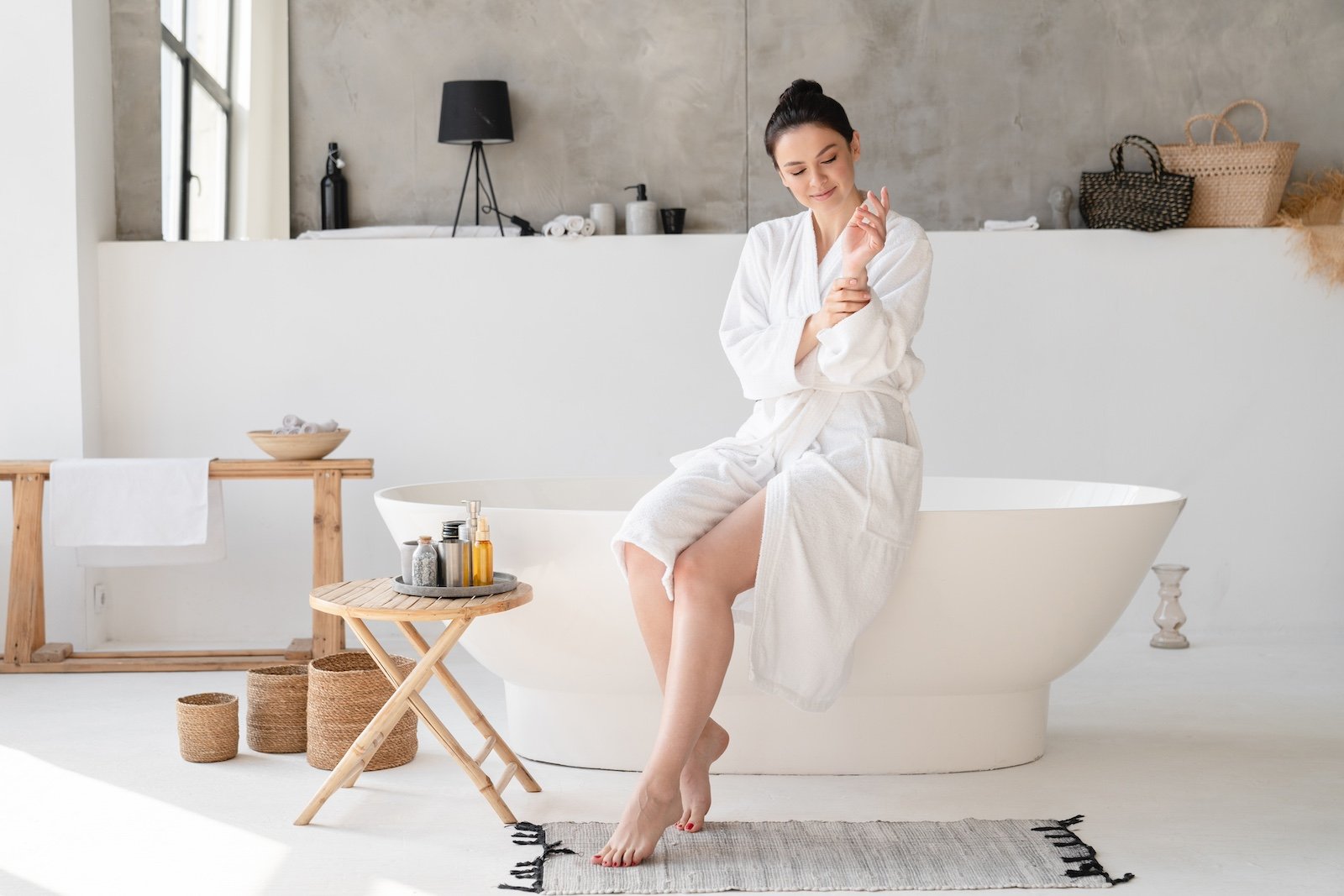
Heavily fragranced soaps and shampoos can contain harsh chemicals that irritate the skin and cause allergic reactions. Fragrances are among the top allergens that can cause contact dermatitis, according to the American Academy of Dermatology. Opt for fragrance-free or naturally scented products to reduce the risk of irritation and allergies.
Scrubbing Too Hard
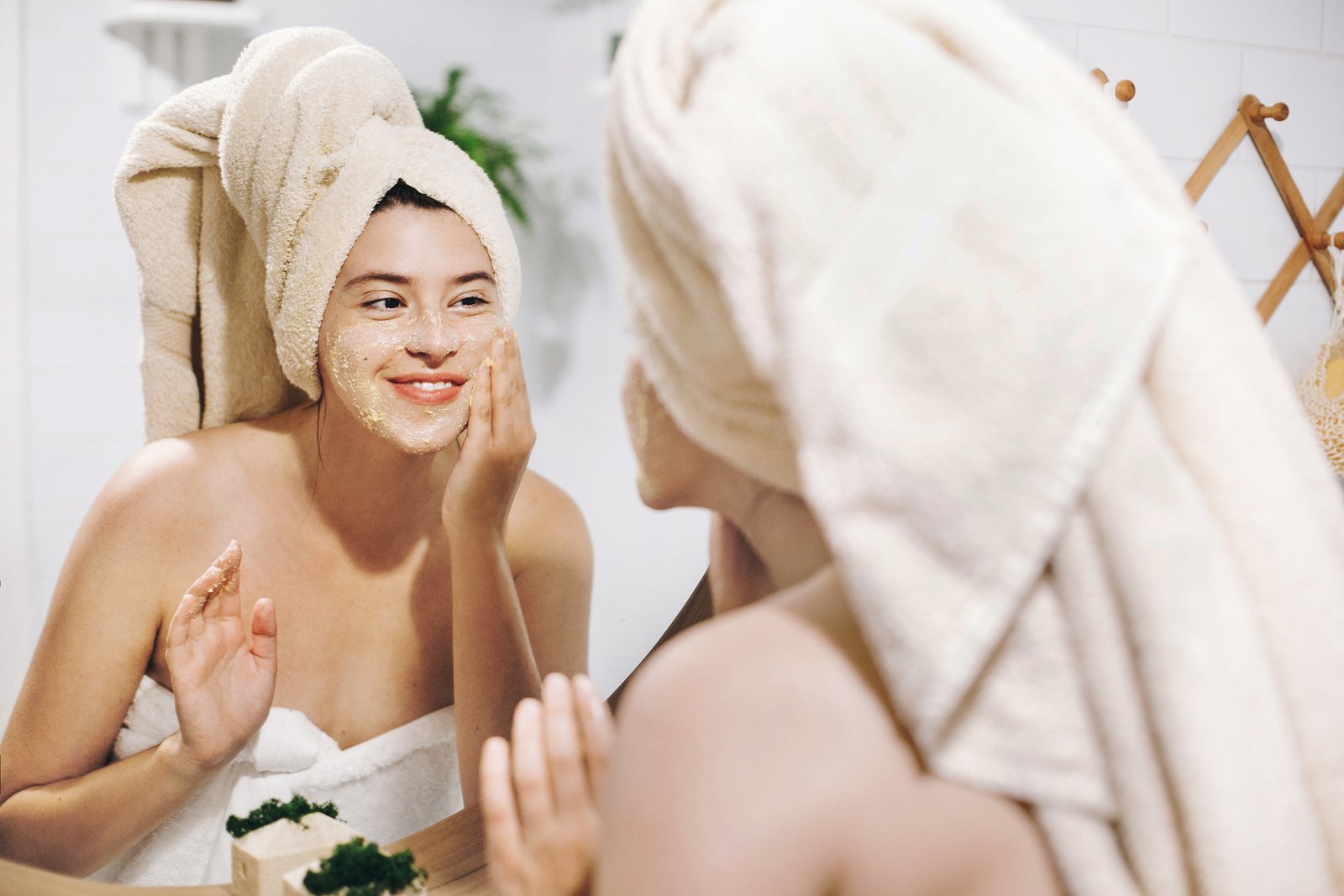
Vigorously scrubbing your skin with a washcloth or sponge can damage your skin’s protective barrier, causing irritation and dryness. Gentle cleansing using a soft cloth or your hands helps maintain your skin’s natural barrier and prevents irritation.
Using Excessive Hot Water

Taking very hot showers can strip your skin of natural oils, leading to dryness and irritation. Prolonged exposure to hot water can also cause capillaries to burst, leading to redness and inflammation. Use warm water instead of hot, and keep showers brief to protect your skin.
Not Rinsing Off Soap Completely
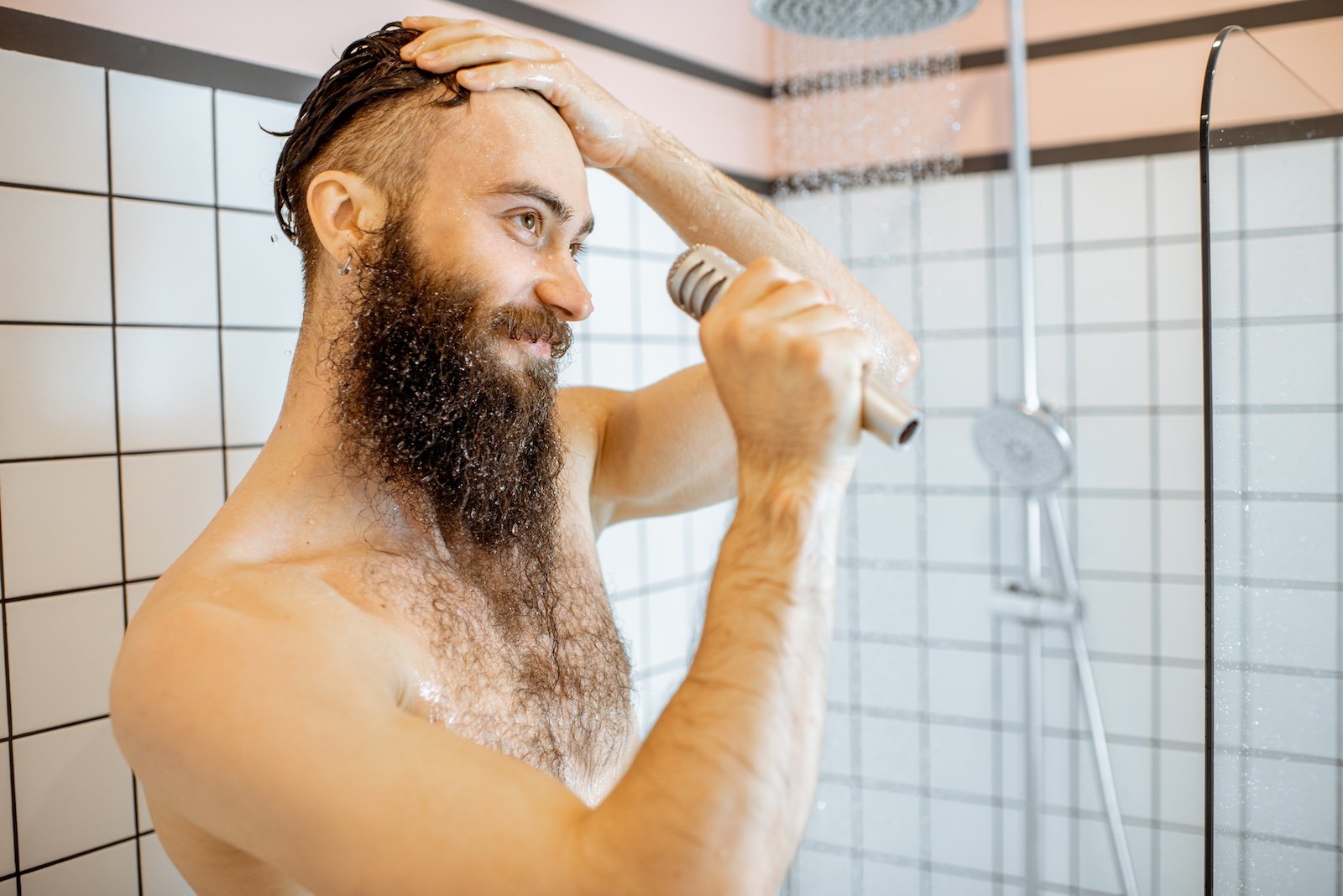
Leaving soap residue on your skin can cause dryness and irritation, and may clog pores leading to breakouts. Rinse thoroughly to ensure all soap is washed off, leaving your skin clean and healthy.
Skipping Post-Shower Hydration
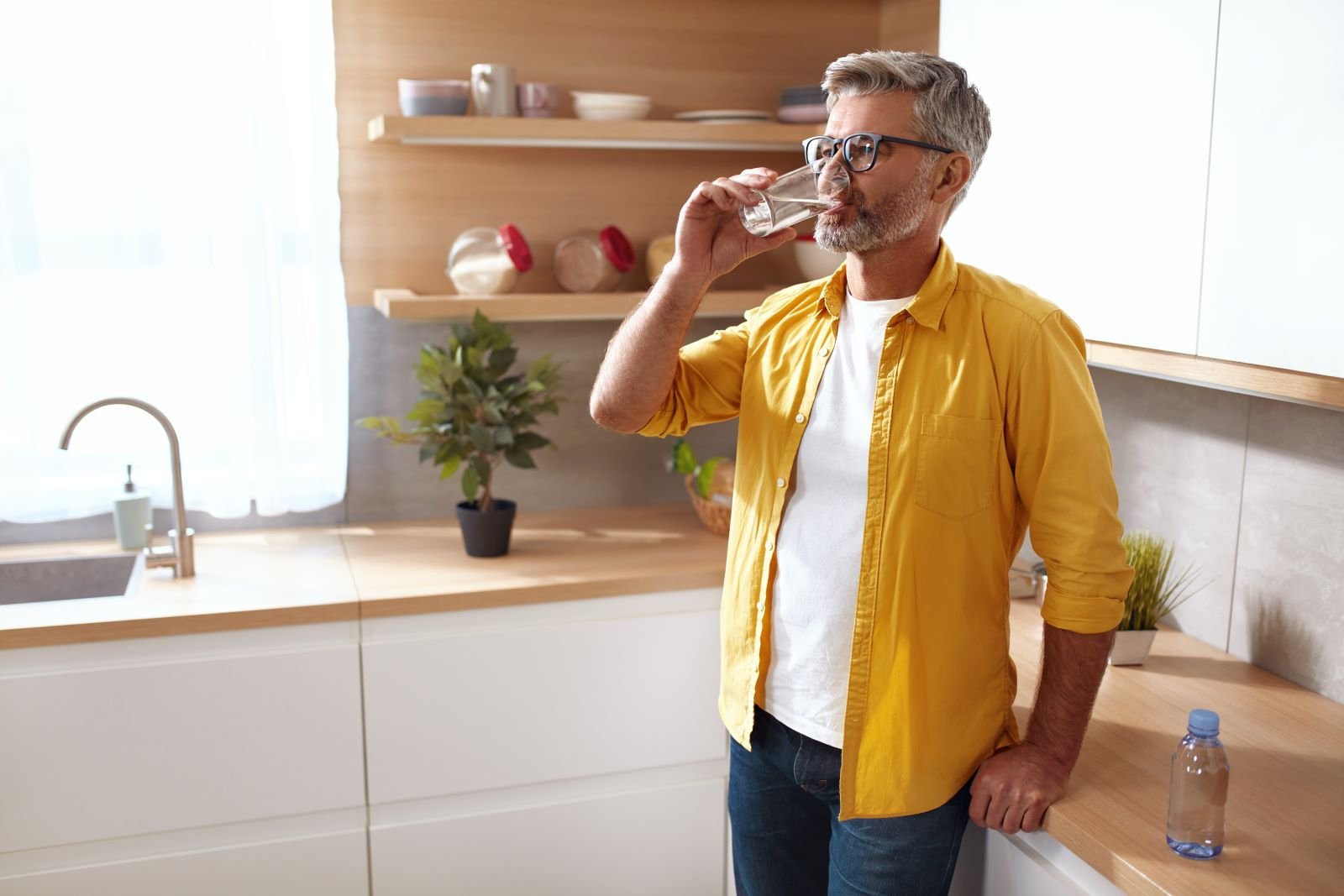
A hot shower can dehydrate your body, making it essential to drink water afterward. Drinking a glass of water after showering helps replenish lost fluids and keeps you hydrated.


